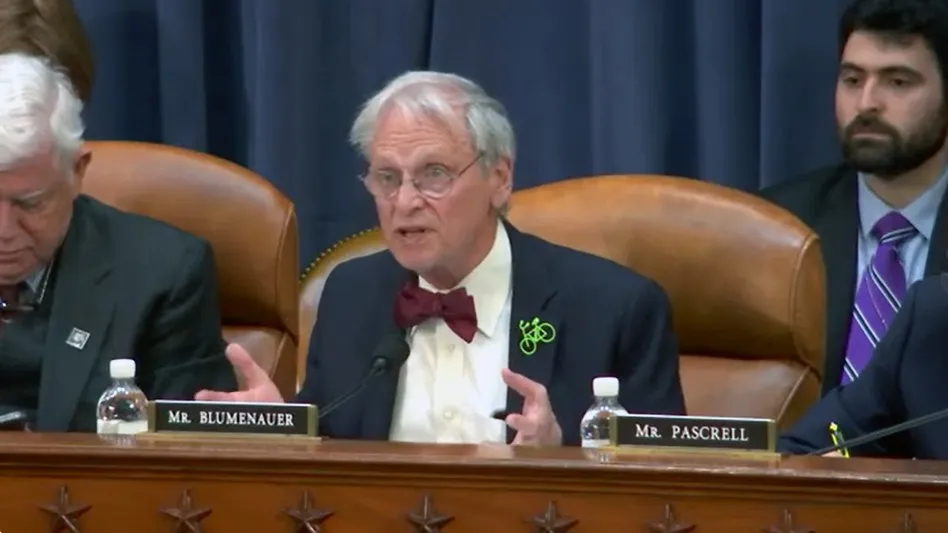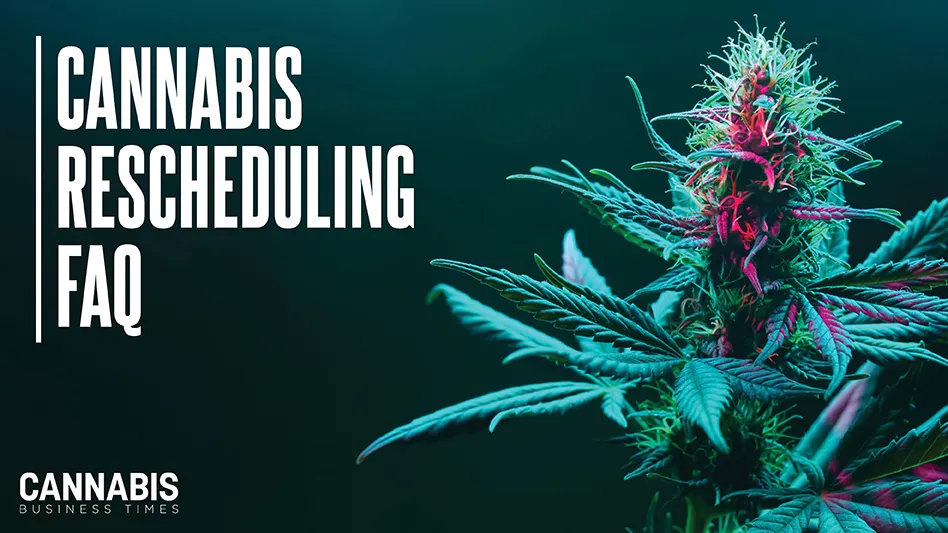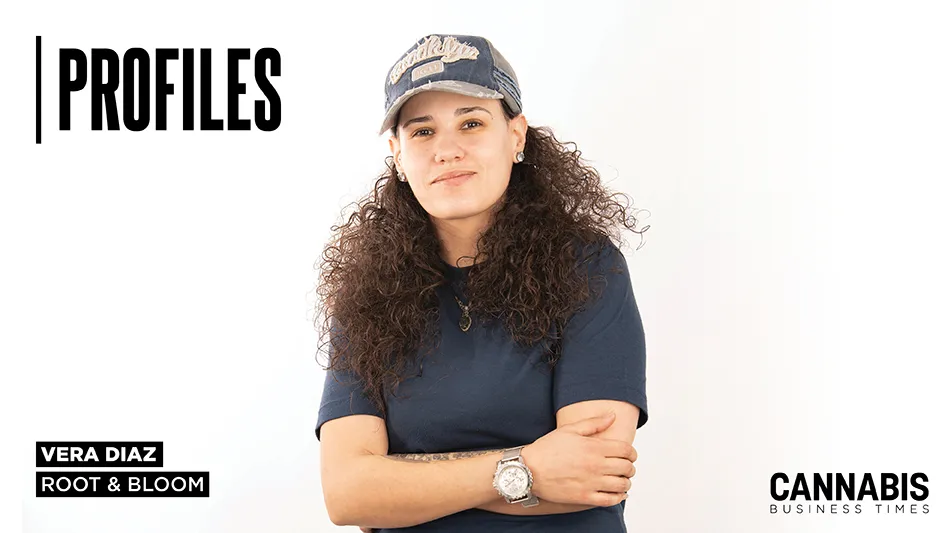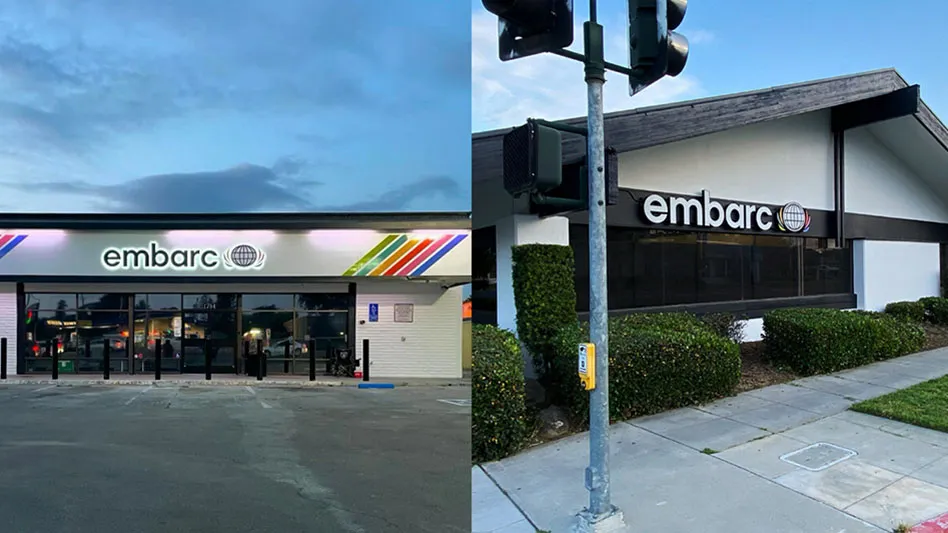
Adobe Stock
Normalizing cannabis could go a step further under new legislation aimed at allowing industry-related radio and TV advertising.
U.S. Sen. Ben Ray Luján, D-N.M., introduced the Secure and Fair Enforcement (SAFE) Advertising Act on July 26 in Washington, D.C. The 13-page bill would establish federal protections for radio and television stations that provide advertising services to “legitimate” cannabis-related businesses and service providers for such businesses.
In other words, a radio or TV station could accept advertising for legal cannabis products if the station is licensed in a state or territory where medical or adult-use cannabis is legal.
“As more states enact common-sense cannabis legislation, it’s crucial that radio and TV stations can accept advertising without fear of losing their license,” Luján said in a press release. “With health and safety measures in place, this legislation will allow broadcasters to accept cannabis advertisements in accordance with state laws.”
Under current federal law, radio and TV stations cannot accept advertisements for legal cannabis products without risking the forfeiture of their Federal Communications Commission (FCC)-issued licenses to operate because of the status of cannabis as a federally controlled substance.
Luján chairs the Senate Commerce Subcommittee on Communications, Media and Broadband, which oversees the FCC, and said his legislation will help support broadcasters throughout the country.
While the SAFE Advertising Act would safeguard broadcasters from FCC retribution, the legislation also aims to ensure public safety, Luján said.
Any cannabis advertisement would be required to contain a disclosure that states, “This product has not been evaluated by the Food and Drug Administration. There may be health risks associated with consumption of this product.” The advertisement would be required to comply with any applicable labeling requirement or other requirements adopted by the Surgeon General or the FDA for advertising cannabis products, according to the bill.
In addition, the legislation would require that the advertiser has “reliable evidence” that at least 70% of the audience for the advertisement is reasonably expected to be 21 years of age or older.
The act would also allow licensed hemp-related businesses to advertise in the same manner, and under the same protections, as cannabis-related businesses, according to the bill.
Finally, the legislation would require the U.S. Comptroller General to conduct a study within one year of the bill’s enactment that provides an evaluation to Congress whether small businesses, or businesses owned by a socially or economically disadvantages individual, face systemic barriers to access service providers compared to other cannabis-related businesses.
Luján said the legislation is supported by the National Association of Broadcasters as well as the Safe Advertising Coalition, which is comprised of state broadcasting associations throughout the U.S.
Latest from Cannabis Business Times
- SNDL Reports 1st Quarter 2024 Financial, Operational Results
- Leading Cannabis Brand STIIIZY Expands Retail Presence With Fresno Location Opening Saturday, May 11
- The Cannabist Co. Reports 1st Quarter 2024 Results
- Green Thumb Reports $276M Revenue for 1st Quarter 2024
- Colorado Legislature Gives Final Approval to Measure Aimed at Streamlining Marijuana Regulations
- South Dakota Group Submits 29K Signatures for 2024 Adult-Use Cannabis Legalization Measure
- Rescheduling Would Have Saved Verano $80M in 2023 Tax Payments, CEO Says
- Aurora Marks 1st Medical Cannabis Shipment to New Zealand Market





